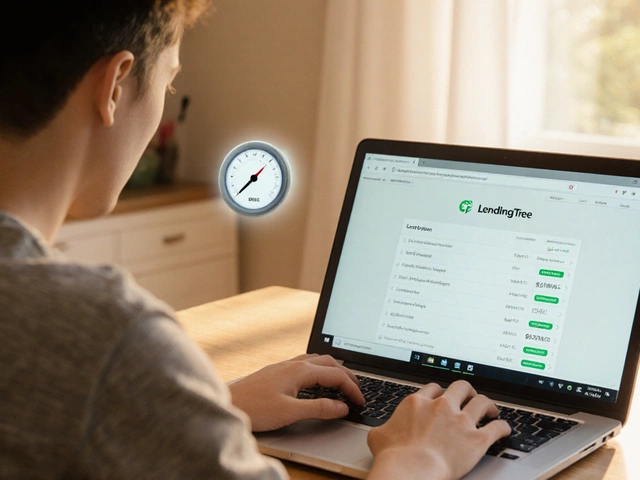Crypto Trading: Tips, Safety, and Tools
When diving into crypto trading, the act of buying, selling, or exchanging digital currencies for profit. Also known as digital asset trading, it demands both market knowledge and security awareness. One of the first things traders should consider is cold wallet, an offline device that stores private keys away from internet threats, which directly supports cryptocurrency safety, practices that protect crypto holdings from hacking, scams, and loss. Understanding these core elements helps you build a solid foundation before you chase price swings.
Risk Management Meets Secure Storage
Effective crypto trading requires a blend of market tactics and protection tools. A popular approach is the 90% rule, which tells traders to limit any single trade’s risk to 10% of their capital, leaving a 90% buffer for other opportunities. This rule crypto trading connects directly to the need for reliable storage—if your assets disappear, no risk rule can save you. By keeping the bulk of holdings in a cold wallet, you preserve capital while the 90% rule safeguards the portion you actively trade. Together, they create a safety net that lets you stay in the game longer.
Another key concept is diversification across digital assets. Holding Bitcoin, Ethereum, and a handful of altcoins spreads market volatility. Diversification works hand‑in‑hand with the 90% rule: each asset class gets its own risk cap, preventing a single market crash from wiping out your portfolio. Pair this with a cold wallet for long‑term holdings, and you’ve built a multi‑layered defense that balances growth chances with protection.
Security isn’t just about hardware; it also includes strong passwords, two‑factor authentication, and regular software updates. These practices reinforce cryptocurrency safety and reduce the chance that a phishing attack compromises your exchange account. When you combine robust login habits with offline storage, you close the gap that hackers often exploit.
Liquidity is another practical concern. While cold wallets keep assets safe, you’ll still need an online exchange for quick trades. Choose platforms that offer insurance, transparent fee structures, and real‑time KYC verification. The right exchange complements your cold wallet strategy by providing a safe gateway for entering and exiting positions without sacrificing security.
Tax implications round out the picture. In India, crypto gains are treated as capital gains, and proper record‑keeping is essential. Using a spreadsheet or a dedicated crypto tax app helps you track each trade, calculate owed tax, and stay compliant. This financial hygiene links back to risk management—knowing your tax exposure prevents unpleasant surprises at year‑end.
Finally, continuous learning fuels success. Markets evolve, new tokens launch, and regulatory landscapes shift. Subscribe to reliable newsletters, follow reputable analysts, and test strategies in a demo account before committing real funds. Staying informed amplifies the benefits of the tools you already use, turning a static setup into a dynamic advantage.
All these pieces—cold wallets, the 90% rule, diversification, secure exchanges, tax tracking, and ongoing education—form a cohesive ecosystem for crypto traders. Below you’ll find articles that dive deeper into each area, offering step‑by‑step guides, real‑world examples, and actionable tips to boost your confidence and results.

Top Ways People Make Money with Cryptocurrency in 2025
Explore how people profit from cryptocurrency in 2025, from trading to staking, mining, and new trends. Detailed tips, stats, and real-world tactics inside.
View More
G Dollars: Unpacking the Future of Crypto Trading
G Dollars are a new digital currency making waves in the crypto space. Known for their stability and utility, they're becoming a popular choice among traders. This article explores what G Dollars are, how they're being used in crypto trading, and why they might just be the next big thing. Get practical tips on incorporating G Dollars into your portfolio. Discover the role of G Dollars in shaping the future of digital investments.
View More
Is Crypto Real Money? Exploring Its Value and Potential
Cryptocurrency, often touted as the money of the future, raises questions about its legitimacy as real money. Is it just a digital asset or can it truly replace traditional currency? This article delves into cryptocurrencies' real-world application, its potential to revolutionize trading, and the hurdles it faces to be accepted like current forms of money. With insights into how people are currently using crypto in daily life, we’ll explore its place in our financial future.
View More
Why Cashing Out Cryptocurrency is a Challenge: Tips and Insights
Cashing out cryptocurrency can be a complex process due to various factors including regulatory issues, liquidity challenges, and volatility. Traders often encounter difficulties when trying to convert crypto to traditional currencies. This article explores the reasons behind these hurdles and provides valuable tips for navigating the intricate crypto cash-out landscape. Understanding these challenges is essential for anyone involved in the evolving world of digital currencies.
View More



